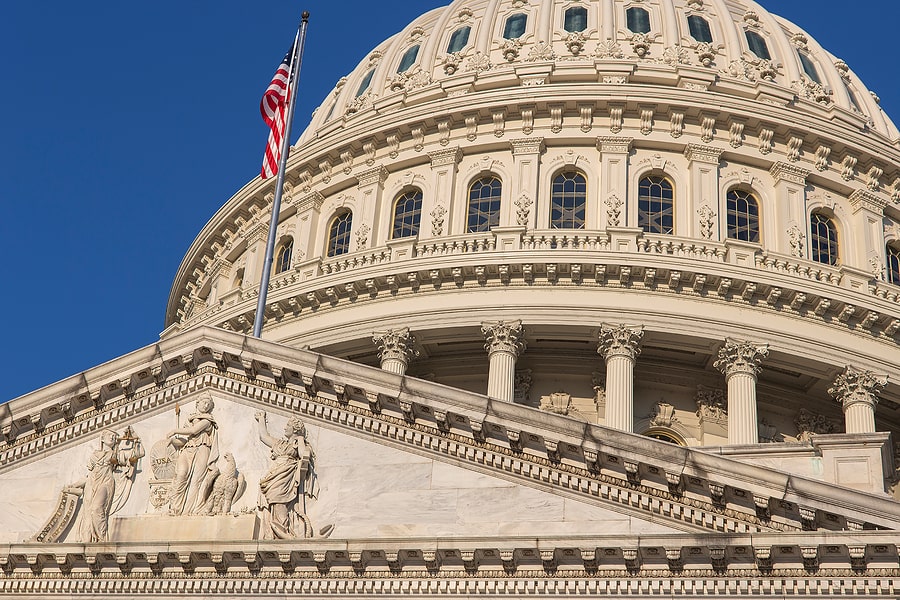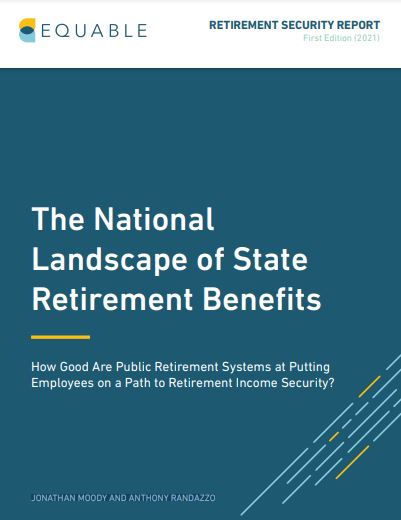Old Age Pensions and Social Security Today: Need to Introduce ‘Time Bank’ for the Unmet Social Needs of the Elderly in Uganda
By Kibs Boaz Muhanguzi World over, many programs have been put in place to ensure reasonable welfare and relevance of the elderly senior citizens in the community. Out of these diverse programs, pensions and social security fund, and Social Assistance Grants for the Elderly (SAGE) are common. Of recent, the introduction of time banks; a non-financial, barter system of exchange, with the aim of ensuring access to the unmet social needs of the elderly people in the community has emerged....










